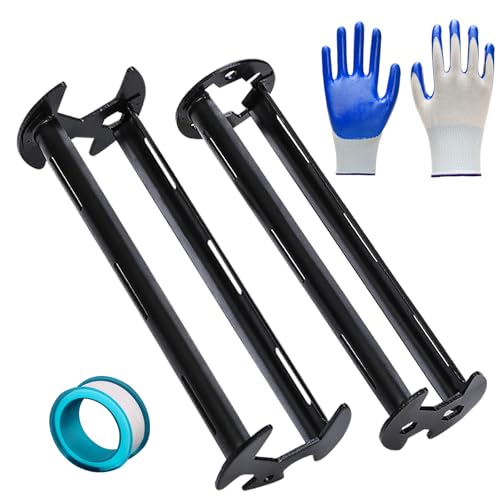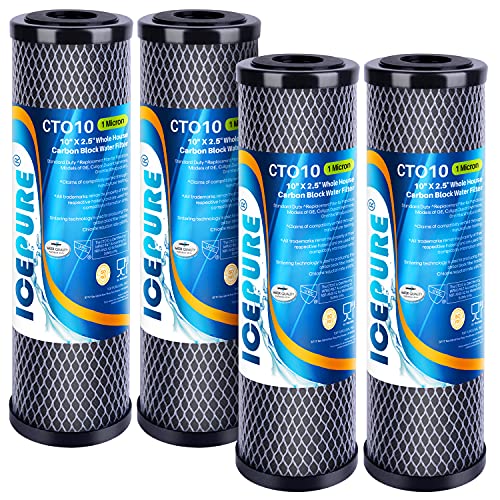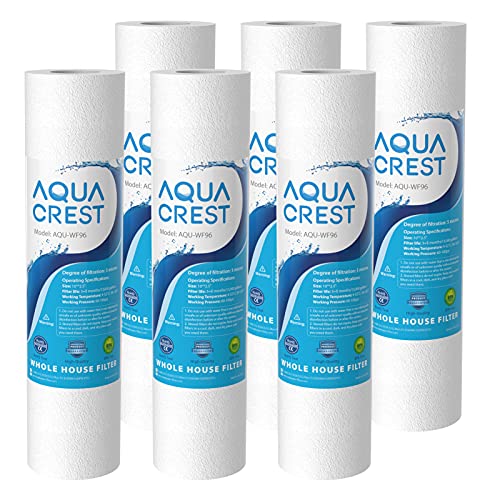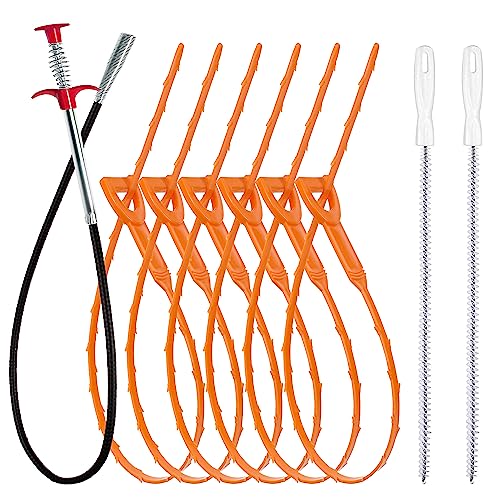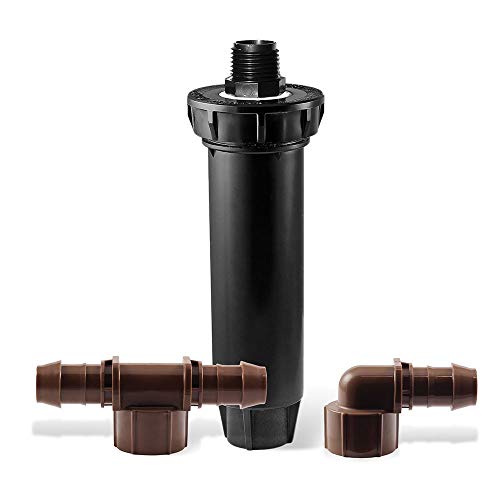the use of black iron pipe is not right for natural gas. it can be used but the deodorant in natural gas that makes it easy to smell eats away at black iron just as propane eats galvanized. there is no rule saying you cant use it just trying to educate most people do not know this.
View attachment 8124
Ok,,,you got my attention...I have been using blk pipe on natural gas for over 30 years. please show me documentation to back up your claim.
i am not disputing you,,please enlighten me
NFPA 54 and ANSI Z223.1 provide the minimum safety requirements for the design and installation of fuel gas piping systems in homes and other buildings. These standards include specifying the approved materials for gas pipes. The approved materials for gas pipes include:
• steel pipe
• wrought iron
• copper pipe
• brass pipe
• ductile iron
• aluminum pipe
• PVC pipe
• Polyethylene pipe
Let's take a look at the NFPA 54 requirements for each of these. Please note that this is an overview of gas pipe requirements. You should be familiar with the details of both the NFPA 54 requirements and your location building code requirements.
There are some requirements that apply for all gas piping:
• It must be suitable for the temperature and pressure at which it will be used.
• It must be suitable for the environment in which it will be used. For example, if the pipe comes into contact with materials that may cause corrosion (such as when passing through a wall), then a material that will not corrode must be used. This also applies to outdoor and underground use.
• Pipe, tubing, and fittings must be free from cutting burrs and defects in structure or threading. Repaired defective pipe may not be used.
• When in contact with a corrosive atmosphere, a corrosion-resistant coating must be used to protect the pipe, tubing, and fittings.
• Seamless copper, aluminum alloy, or steel tubing may not be used with gas that is corrosive to such material.
Note: Cast iron may never be used for gas piping.
Gas Pipe Approved Materials - Steel and Wrought Iron Pipes Approved Materials
Steel and wrought iron pipes have the same requirements. They must be at least schedule 40, and they must comply with one of the following:
• ANSI/ASME B36.10
• ASTM A 53
• ASTM A 106
Steel tubing must comply with ASTM 254.
Corrugated stainless steel tubing must be listed in accordance with ANSI LC 1 / CSA 6.26.
Gas Pipe Approved Materials - Copper and Brass Pipes
Copper and brass may not be used, if the gas contains more than an average of 0.3 grains of hydrogen sulfide per 100 scf of gas. Copper tubing must also comply with ASTM B 88 standard type K or Type L, or with ASTM B 280.
Threaded copper or brass may not be used with gas that is corrosive to copper or brass.
Gas Pipe Approved Material - Aluminum Alloy Pipes
Aluminum alloy piping may not be used underground or in exterior locations, and it must comply with ASTM B 241. The use of alloy 5456 is prohibited.
Aluminum tubing must comply with ASTM B 210 or B 241, and be coated to protect against exterior corrosion.
Free Pipe Marking Wall Chart
DuraLabel has a wide variety of printers that are ideal for creating custom pipe markers.
Gas Pipe Approved Material - Plastic Pipes
Polyethylene gas piping must conform to ASTM D 2513. All other plastic pipe, tubing, and fittings used for gas must conform with ASTM D 2513-2008.
Polyvinyl chloride (PVC) and polyethylene pipes may both be used for pipes buried outside a building.
Regulator vent piping must be PVC.
Gas Pipe Approved Material - Flexible Connectors
Flexible connectors are used to connect equipment to gas piping. Check with local building codes for requirements. A typical requirement is that flexible connectors be AGA approved.
Gas Pipe Approved Material - Local Codes, Standards, and Regulations
Always check with the local governing authority before installing gas pipes. While the materials listed here meet the national standards, the approved materials for gas pipes will vary locally.
Read more at:
http://www.pipemarkers.com/approved-materials-gas-pipes.php#ixzz3X9I7PKLv
















